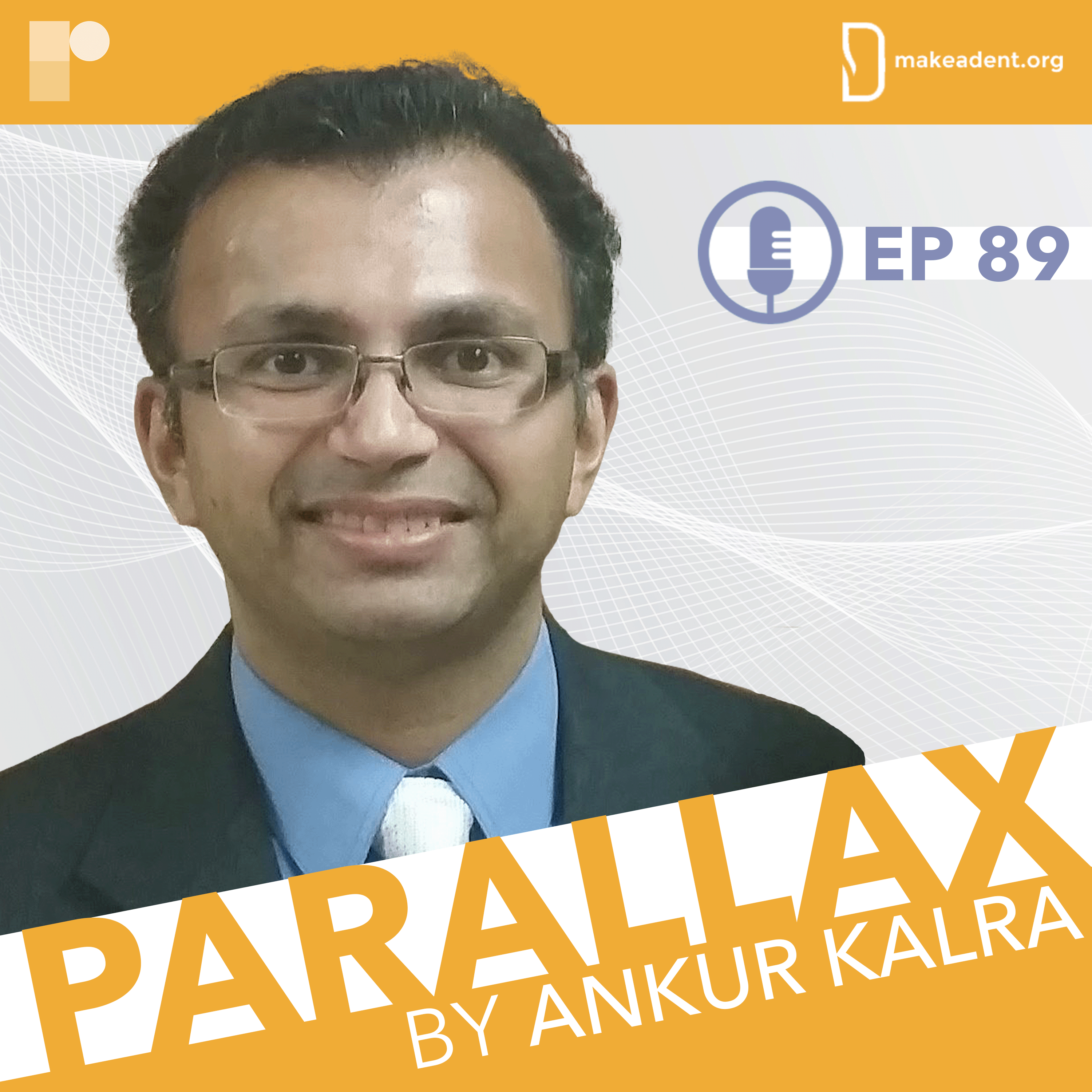
In 2018, the loss of a friend to suicide compelled Dr Anavekar to embark on a profound journey of contemplative self-exploration. Now, he uses his experience to encourage and guide trainees to pose thought-provoking questions that challenge the status quo of the materialistic approach to medicine, ultimately leading to a more outcome-focused perspective.
In this week's episode of Parallax, Dr Ankur Kalra sits down with guest Dr Nandan Anavekar, a Professor of Medicine at Mayo Clinic College of Medicine and Science. Dr Anavekar also serves as a consultant for both the Cardiovascular and Radiology Departments at Mayo Clinic and is the Program Director for the Adult Cardiovascular Diseases Fellowship program.
In this episode, Dr Nandan Anavekar emphasizes the importance of inner exploration for physicians. He encourages questions such as "Who am I?" and "What is this world that I reside in?" to foster a deeper understanding of the human condition and patient care.
Dr Anavekar also addresses the current cultural shift in cardiology toward measuring success by material possessions and procedures, advocating instead for a focus on outcomes. Dr Kalra probes further, asking how this philosophy can be applied in the Western, and particularly the US healthcare system.
What is the Global Cardiology University project? How does Dr Anavekar encourage trainees to re-examine their role in patient care? What is his advice to our listeners?





Tune in to discover the strategies that Dr. Kalra and Dr. Alasnag are currently employing and gain insights into how these data will shape their future decision-making in the catheterization laboratory. Don't miss this informative discussion at the forefront of interventional cardiology.

As we adapt to the changes brought about by the pandemic, Dr Singh outlines the necessary steps to foster a reality in which we can utilize these technologies to create more time for human connection.

Dr Owens is Medical Director of the Center for Inherited Cardiac Disease and Associate Professor of Medicine at the Hospital of the University of Pennsylvania.
This series is supported by an unrestricted educational grant from Bristol Myers Squibb. Please see www.camzyosrems.com for important safety information.
This content is intended for US-based physicians.





